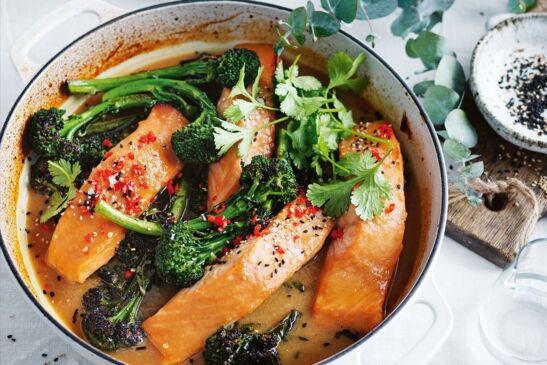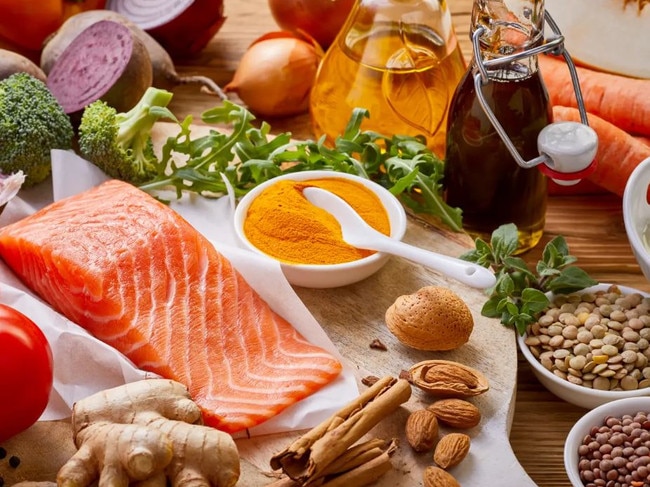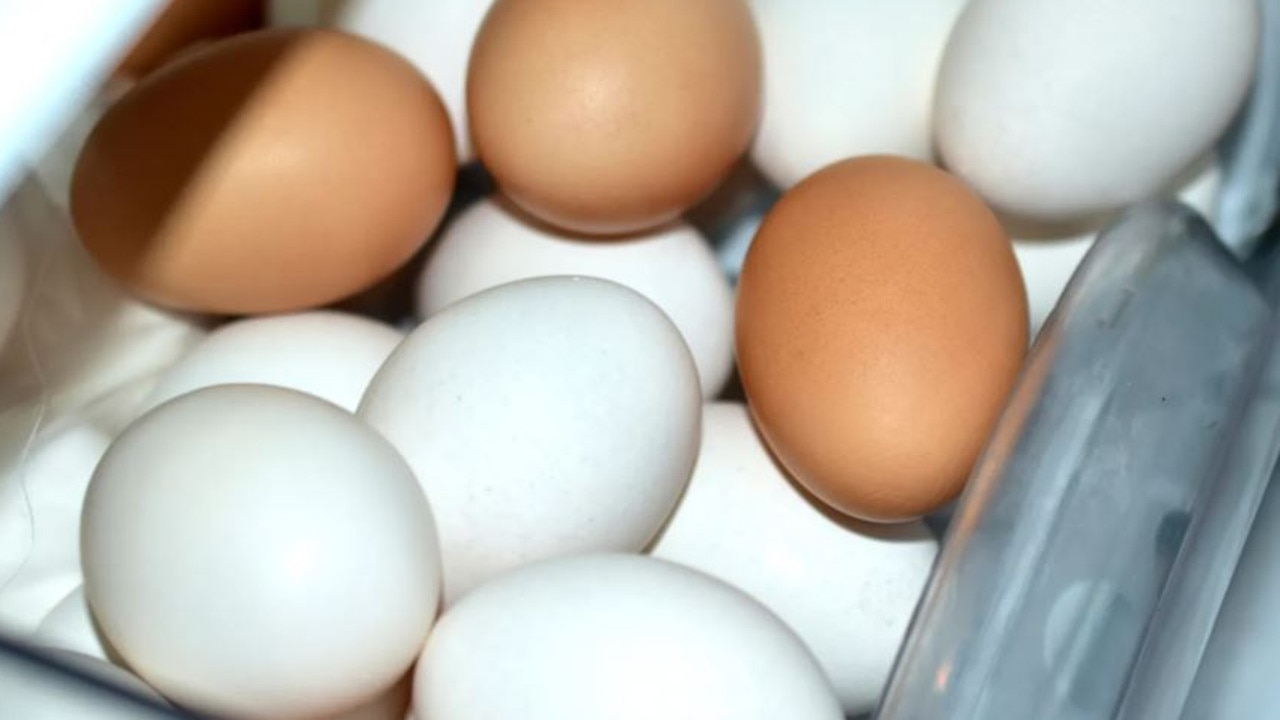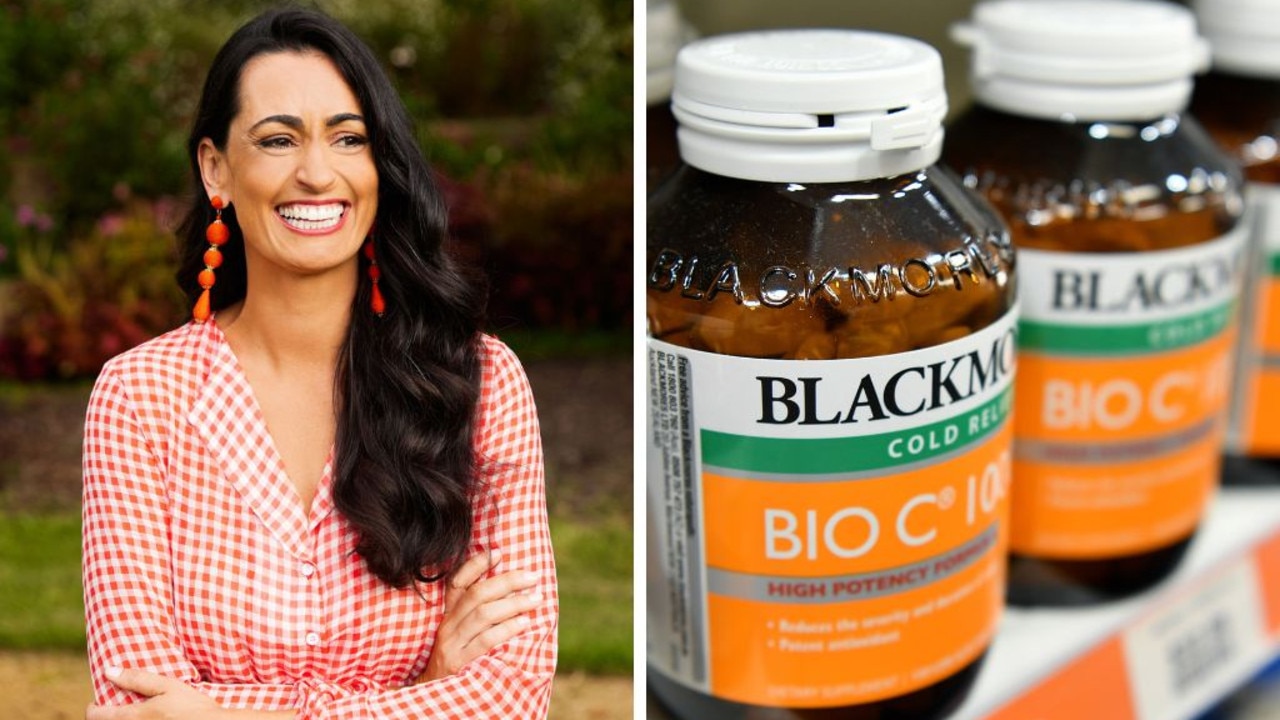Neurosurgeon’s tasty 3-ingredient dinner to help prevent Alzheimer’s
Full of mind-boosting fatty acids and low in carbs, this easy meal is great for brain health and is one he “never gets tired of”.

Nutrition
Don't miss out on the headlines from Nutrition. Followed categories will be added to My News.
A leading American surgeon has revealed the 3-ingredient dinner he claims helps prevent Alzheimer’s disease.
Dr Jonathan J. Rasouli, a board-certified spinal neurosurgeon in New York, said he regularly eats a tasty meal that is rich in brain-beneficial omega-3 fatty acids and phytonutrients and low in carbs, sugar and fat.
So what is his go-to meal for helping boost brain function?
It’s salmon, turmeric and broccoli.
“It tastes great, and I never get tired of it,” Dr Rasouli, director of complex and adult spinal deformity surgery in the Department of Neurological Surgery at Staten Island University Hospital, recently told Parade.
“It is super easy to make and doesn’t require too many ingredients.”

The MIND diet — which emphasises leafy green vegetables, berries, beans, nuts, whole grains, fish and olive oil — was developed specifically for brain health, according to The New York Post.
The eating plan blends the plant-friendly Mediterranean diet and the DASH diet, which focuses on easing high blood pressure.
Salmon is encouraged as part of the MIND diet because it boasts omega-3 fatty acids, which are believed to preserve the integrity of cell membranes in the brain, facilitate communication between neurons, enhance blood flow to the brain, support the creation of new brain cells and lower inflammation.
That’s why Dr Rasouli often tucks into grilled salmon seasoned with turmeric and steamed broccoli on the side.
Turmeric’s main active ingredient is curcumin, which has shown potential in reducing inflammation, improving memory and slowing the development of amyloid plaques, a hallmark of Alzheimer’s disease.
Alzheimer’s is the most common form of dementia — it’s characterised by a decline in memory, thinking and learning.
It is estimated there are more than 421,000 people living with all forms of dementia in Australia.

For its part, broccoli contains glucosinolates, which transform into isothiocyanates when chewed.
Isothiocyanates have been shown to reduce oxidative stress and inflammation.
Broccoli also contains vitamins C, K and A, as well as potassium, calcium and iron.
But Dr Rasouli warns against adding too much salt to the salmon and subbing in a carb-heavy side for the broccoli.
Excess salt and refined carbs can potentially contribute to brain inflammation.
“Any dinner that is low in processed ingredients, sugars and unhealthy fats would be a good dinner not only for Alzheimer’s prevention but also your general health,” Dr Rasouli told Parade.
“I like to stay away from red meats, processed meats like sausage and anything high in sugar. These have been shown to contribute to insulin resistance, which is a risk factor for dementia.”
For breakfast, Dr Rasouli favours the “powerhouse” meal of grass-fed steak, pasture-raised eggs and leafy greens or avocado, which contain healthy fats.
Grass-fed steak boasts high-quality protein, iron and vitamin B12, Dr Rasouli said, which support energy, focus and cognitive function.

“Additionally, grass-fed beef contains higher levels of omega-3 fatty acids and antioxidants like vitamin E compared to conventional beef, which can further benefit brain health,” Dr Rasouli told The New York Post.
“Pasture-raised eggs are rich in choline, an essential nutrient for memory and brain function, and they also offer a higher concentration of omega-3s compared to standard eggs.”
Another brain-healthy breakfast is avocado toast with wholegrain bread and a poached egg.
For lunch, Dr Rasouli is a fan of grilled chicken or salmon salad with leafy greens, olive oil and nuts, thanks to the antioxidants, omega-3s and healthy fats.
A second choice is a quinoa bowl with roasted vegetables, chickpeas and tahini dressing. “Quinoa is a complete protein and provides slow-releasing carbohydrates,” Dr Rasouli explained.
“Chickpeas add fibre and protein, while tahini offers brain-boosting fats.”
More Coverage
Originally published as Neurosurgeon’s tasty 3-ingredient dinner to help prevent Alzheimer’s




